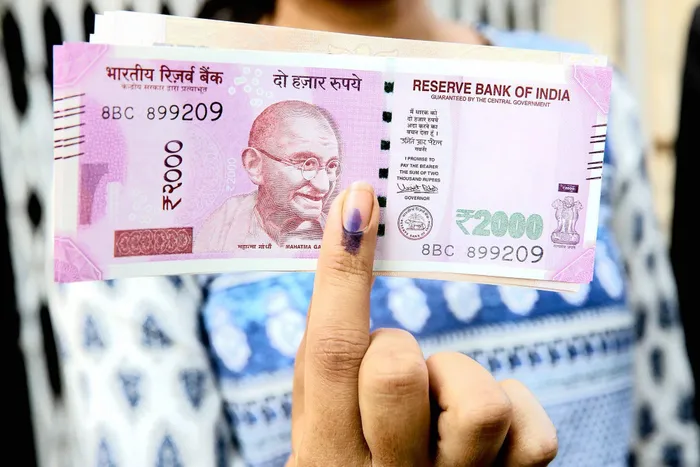Putin holds talks with Mali’s interim president

Picture: EPA – Indian Prime Minister Narendra Modi and Tanzanian President Samia Suluhu Hassan expressed their desire to expand bilateral trade using local currencies, according to a joint statement issued on Monday, the writer says.
MOSCOW – In September, the President of Mali’s transitional government, Assimi Goita, met with a Russian delegation led by the deputy defence minister in Bamako. They discussed enhancing co-operation in defence between the two countries and the security situation in the Sahel.
Russian President Vladimir Putin held a telephone conversation with Mali’s interim president for the transitional period Assimi Goita and discussed strengthening economic ties and security co-operation, the Kremlin said on Tuesday.
“At the initiative of the Malian side, Russian President Vladimir Putin had a telephone conversation with the President of the transitional period of the Republic of Mali Assimi Goita. The course of implementation of the agreements reached at the talks between Vladimir Putin and Assimi Goita within the framework of the second Russia-Africa summit in July was discussed,” the statement said.
The leaders discussed the mutual commitment to further strengthening trade and economic ties, as well as security co-operation and the fight against terrorism, the statement said.
“The Malian side expressed gratitude for the diverse assistance provided by Russia. An exchange of views was also held on the situation in the Sahara-Sahel region,” the statement read.
In September, the Russian Defence delegation led by the Deputy Minister Yunous-Bek Evkourov, was received by the President of Mali’s transition Assimi Goita in Bamako. The talks focused on strengthening co-operation ties in defence and security between the two countries, as well as the security situation in the Sahel.
Since 2012, Mali has been facing a political and security crisis due to the intensification of armed separatist groups’ actions in the north of the country, which was accompanied by terrorist acts by radical Islamists.

Since 2016, Tanzania and India have been consistently strengthening their partnership. This year, Tanzania started to explore the possibility of using local currencies in bilateral transactions with a BRICS member, India.
Indian Prime Minister Narendra Modi and Tanzanian President Samia Suluhu Hassan expressed their desire to expand bilateral trade using local currencies, according to a joint statement issued on Monday, after their meeting in New Delhi.
The leaders paid attention to the fact that the Reserve Bank of India has opened the option for trading in the local currencies.
“They noted that Reserve Bank of India (Indian Central Bank) has cleared the way for trade using local currencies i.e. Indian Rupee (INR) & Tanzanian Shilling by allowing the authorised banks in India to open Special Rupee Vostro Accounts (SRVA) of correspondent banks of Tanzania and that transactions using this mechanism have already materialised,” the statement reads.
The two parties reached an agreement to carry on with the consultations to address any concerns and ensure the sustainability of this arrangement.
Moreover, both countries agreed to increase bilateral trade volume and proposed to explore the possibility of setting up of an Investment Park in Tanzania.
The Tanzanian president arrived in New Delhi on Sunday to meet with India’s prime minister. During the meeting they agreed to elevate bilateral relations to a “Strategic Partnership” to work together on issues such as defence co-operation, trade, investment, maritime security and others.
In recent years, many countries in Africa and around the world have taken steps to reduce their dependence on the US dollar.
At the end of May, it was reported that Tanzania country was exploring the possibility of using local currencies in bilateral transactions with a BRICS member, India. Later in June, the Bank of Tanzania (BoT) warned businesses against using the US dollar in local trade.
These articles were first published in Sputnik